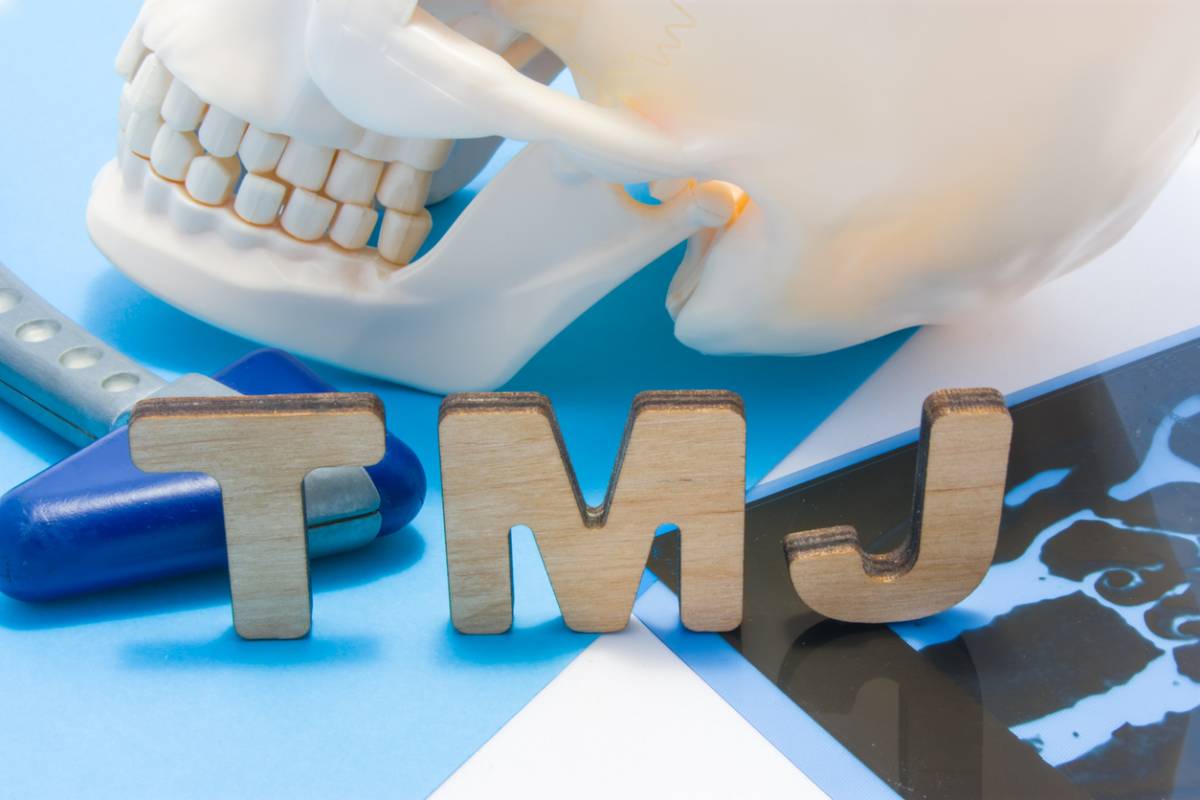If you are dealing with a sudden tooth pain that just won’t go away, it might be because you grind your teeth. If you have previously seen a dentist for grinding teeth or bruxism, you may be a candidate for TMJ treatment. Our TMJ specialist offers a variety of TMD assessments and treatment options for your better comfort. Let’s look at how TMJ affects your teeth.
How TMJ Affects Your Teeth
We take TMJ seriously, and we want you to be equipped with the knowledge and resources necessary to have a safe and healthy recovery process. Keep reading to learn more about how TMJ affects your teeth, what symptoms to look out for, and what effective treatment options are available.
What is TMJ?
TMJ is a disorder that describes pain and discomfort in the hinge that connects your upper and lower jaw. You can typically feel it beneath each ear, and it is held together by ligaments and muscles in the surrounding area.
Therefore, TMJ or TMD means “temporomandibular joint disorder,” and it is much more common in the United States than we’d like it to be. If you believe you are suffering from TMJ, you should visit your local dental specialist.
How TMJ Affects the Mouth: Common Symptoms
If you are questioning whether or not you have TMD, check out the following symptoms and assess how each of these affects you in your daily life:
- Jaw pain when chewing, yawning, or moving the mouth
- The feeling of a “locked” jaw when trying to open your mouth too wide
- A clicking or popping feeling when opening and closing the mouth
- Facial swelling
- Sensitive teeth and gums (in the absence of other dental issues)
- Earaches
- Tension headaches
- Bite abnormalities or issues
- Trouble breathing or blocked airways (in the absence of asthma or sleep apnea)
- Prevalent pain and soreness in and around the jaw
Furthermore, there are also several causes of TMJ. You likely were not born with this disorder, but rather certain environmental factors may have contributed to its development. There are many TMJ symptoms that arise out of times of stress or anxiety, whether due to academic or social pressures. The body naturally clenches the teeth during times of stress and nervousness, which could ultimately lead to TMJ.
If you frequently open your mouth too wide to consume large amounts of food, or if you have poor back posture, these actions could lead to TMJ as well. You can feel the effects of TMJ throughout the entire body, along with the jaw itself.
Getting Treatment for TMJ
It’s important to seek treatment for TMJ before it causes permanent damage to the mouth. Over time, you could lose bone mass in your jaw or become permanently dislocated, leading to a lifetime of limitations and pain.
Fortunately, with the proper treatments and care by your smile specialists, your TMJ symptoms can eventually go away. A variety of in-office treatments, supplemented by some recommended at-home treatment practices can help to relieve you of the pain, irritation, and tightness you may be experiencing with your TMD.
Can TMJ Be Cured?
Most cases of TMJ can be healed through proper treatments and state-of-the-art dental services, such as the ones we provide at The Smile Specialists. While there is no official statement on whether or not a cure for TMD exists, there are plenty of ways to get rid of the pain and help your jaw recover from whatever symptoms it may face.
Cure Your TMJ With Us Today!
Dealing with the signs and symptoms of TMJ? Get in touch with our certified orthodontist in Woodland Hills to schedule a personalized consultation as soon as you can. You don’t want to be dealing with the effects of TMJ over a long period of time, as symptoms can worsen as you age. TMJ can have drastic effects on your overall dental health. Contact us today to learn about your viable treatment options!

